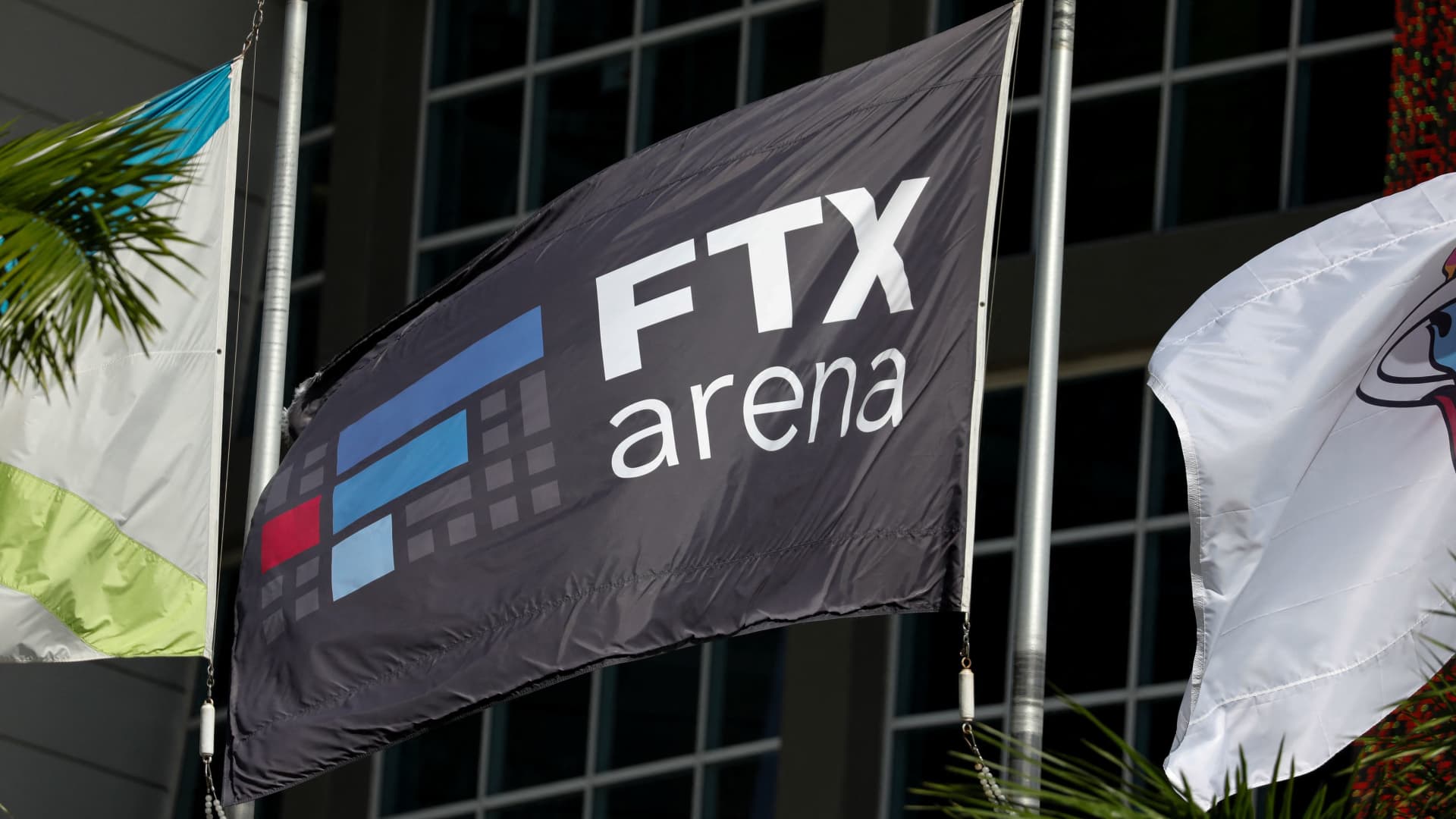Top Senate Democrats pressed key banking regulators on possible ties between the industry and digital currency exchanges following the bankruptcy of major cryptocurrency firm, FTX.
Sens. Elizabeth Warren, D-Mass., and Tina Smith, D-Minn., members of the Senate Banking, House and Urban Affairs Committee, sent letters Wednesday to the Federal Reserve, the Federal Deposit Insurance Corporation and the Office of the Comptroller of the Currency asking about the close ties between crypto markets and traditional banking following the collapse of crypto exchange FTX.
The letters are the latest in a series of inquiries to various financial institutions and regulators about cryptocurrency oversight.
“It appears crypto firms may have closer ties to the banking system than previously understood,” the senators wrote to Federal Reserve Chair Jerome Powell, Martin Gruenberg, acting chair of the FDIC and Michael Hsu, acting comptroller of the OCC. “Banks’ relationships with crypto firms raise questions about the safety and soundness of our banking system and highlight potential loopholes that crypto firms may try to exploit to gain further access.”
The letter referenced reporting from The New York Times that revealed former FTX CEO Sam Bankman-Fried’s sister company Alameda Research invested $11.5 million in Washington state-based Moonstone Bank. The amount was more than double the bank’s worth at the time, according to the report.
The head of Moonstone’s parent company FBH Corp also chairs Bahamas-based Deltec Bank, which offers banking services to FTX trading partner and stablecoin issuer Tether, according to the letter.
Silvergate Capital Corp., Provident Bancorp Inc., Metropolitan Commercial Bank, Signature Bank, Customers Bancorp Inc. are among several noted banks experiencing heightened volatility after the FTX failure. Crypto deposits made up 90% of Silvergate’s overall deposit base. The bank’s average quarter-to-date deposits fell to $9.8 billion from an overall deposit base of $11.9 billion, the letter states.
Crypto loans comprised over half the equity capital for Provident bank, which is experiencing potential losses as high as $27.5 million, the senators wrote.
“Banks’ relationships with crypto firms raise questions about the safety and soundness of our banking system and highlight potential loopholes that crypto firms may try to exploit to gain further access to banks,” the senators wrote.
Warren and Smith acknowledged that the banking system has remained relatively unscathed by the FTX failure, but the company’s entanglement with small banks exposes potential loopholes that crypto firms could use to gain further access to traditional financial institutions.
FTX’s investment in Moonstone could be interpreted as a way to bypass banking licenses in the U.S., according to a Nov. 25 CoinTelegraph article cited in the letter.
To better understand the banking industry’s exposure to crypto, the senators asked for responses to a roster of questions, including all business relationships between FTX, Alameda and Moonstone, by Dec. 21.
